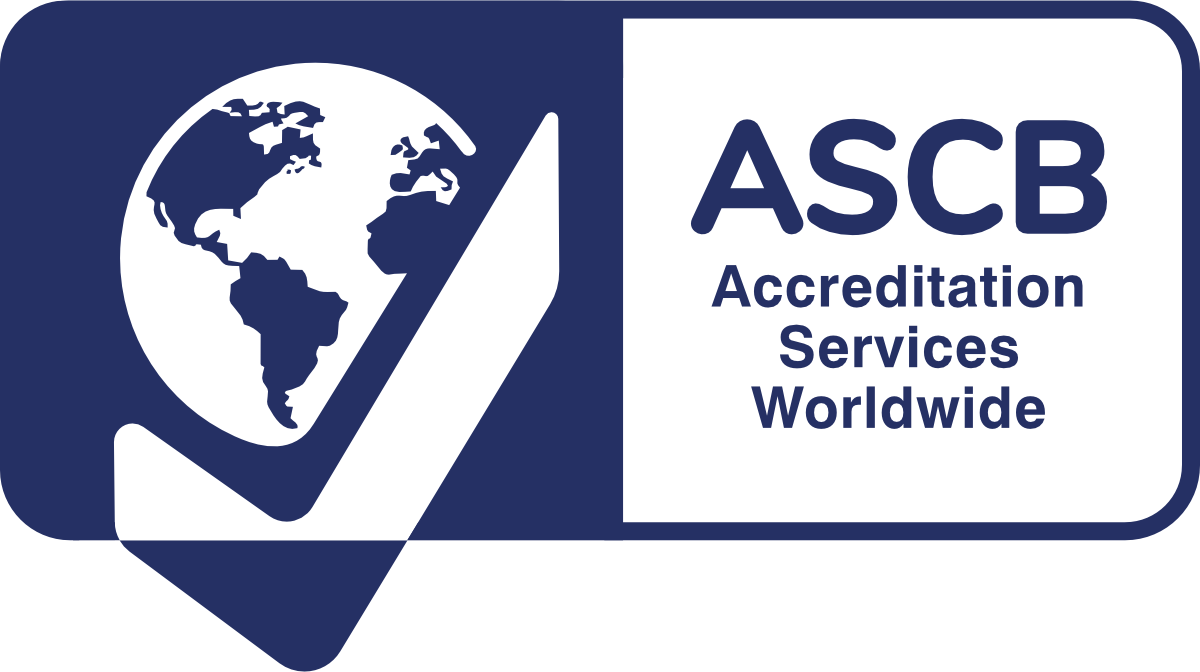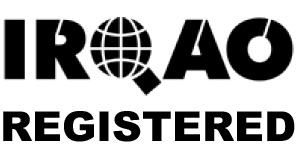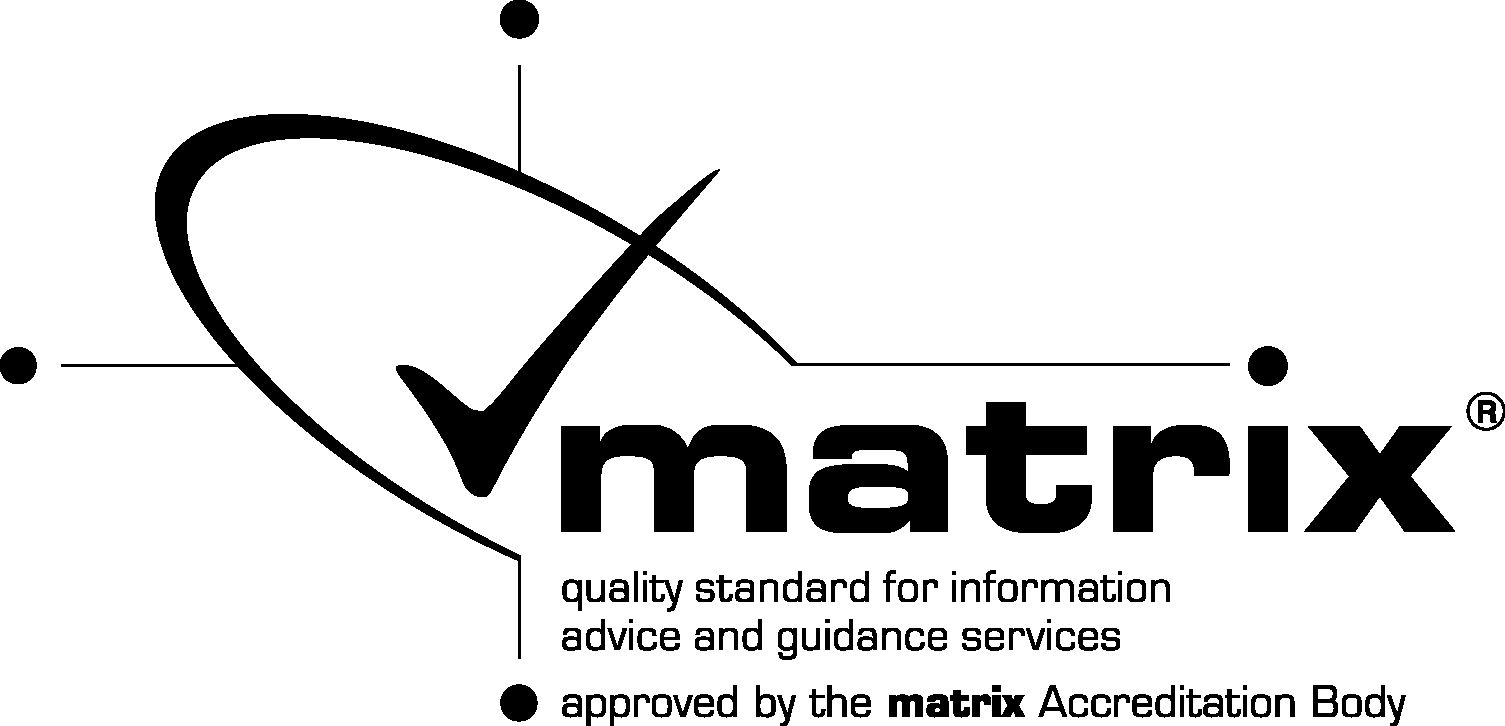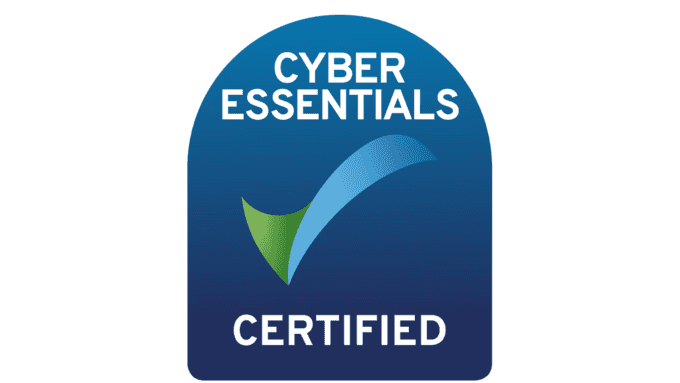Blog Article
ISO Benefits: Which Industries benefit the most?
The International Organisation for Standardisation (ISO) plays a pivotal role in establishing worldwide benchmarks, empowering enterprises to optimise their processes and gain a decisive edge. In this article, we will delve into three distinct industries that have wholeheartedly embraced ISO certification, reaping remarkable rewards in the process; Manufacturing, Healthcare and IT.
- The Manufacturing Industry
The manufacturing industry has been at the forefront of adopting ISO certification, with various standards designed to improve processes, quality and customer satisfaction. ISO 9001, for instance, focuses on quality management systems, helping manufacturers streamline their production processes and ensure consistency in their products quality.
The benefits of ISO certification in the manufacturing sector are numerous. Firstly, it enables organisations to reduce waste and operational inefficiencies, leading to cost savings and increased profitability. Secondly, ISO certified manufactures gain a competitive advantage, as customers often prefer working with suppliers who adhere to international quality standards. This, in turn, opens up new business opportunities and expands market reach.

- The Healthcare Industry
The healthcare industry is another sector that has immensely benefited from ISO certification. Patient safety and well-being are of utmost importance in this field, and ISO 9001 and ISO 13485 have become instrumental in ensuring quality management systems within healthcare facilities.
ISO9001 helps healthcare providers implement efficient systems for managing resources, personnel and patient information. By streamlining administrative processes, hospitals and clinics can optimise their operations, reduce waiting times, and improve patient care. This leads to greater patient satisfaction and an overall positive impact on the health care organisation’s reputation.
On the other hand, ISO13485 focuses specifically on medical devices’ quality management systems. The certification for medical device manufacturers as it demonstrates compliance with global standards and regulations, enabling them to access international markets more easily. ISO 13485 certification also enhances customer confidence in the safety and efficacy of medical devices, thereby increasing market competitiveness.
By identifying potential risks and implementing preventive measures, healthcare organisations can minimise errors, avoid adverse events and ensure patient safety.
- The IT Industry
ISO certification, particularly ISO 27001 has emerged as a powerful tool for IT service providers to demonstrate their commitment to safeguarding sensitive information and delivering high quality services.
ISO 27001 sets the standard for information security management systems, helping IT companies establish robust data protection measures and prevent security breaches. By obtaining this certification, IT service providers can build trust with their clients and assure them that their data is in safe hands.
Moreover, ISO 20000, the standard for IT service management systems, helps organisations improve service delivery and customer satisfaction. This certification enables IT companies to align their services with clients’ needs, enhance problem-solving processes and deliver consistent, high-quality support.
Through implementation, employees become more aware of the importance of protecting sensitive data, leading to a reduced likelihood of data breaches and cyber-attacks.
ISO certification has proven to be a game changer for various industries, driving success through improved processes, heightened customer satisfaction, and enhanced credibility. As businesses continue to evolve, ISO certification remains an essential tool for those seeking to thrive in their respective industries.


 LEAN MANUFACTURING OPERATIVE LEVEL 2
LEAN MANUFACTURING OPERATIVE LEVEL 2
 Skills Bootcamp In Quality Management
Skills Bootcamp In Quality Management








